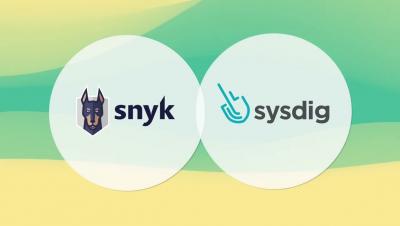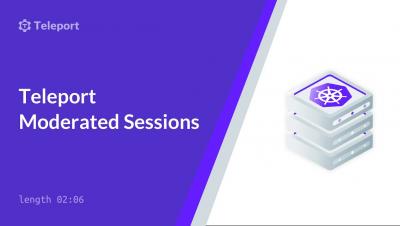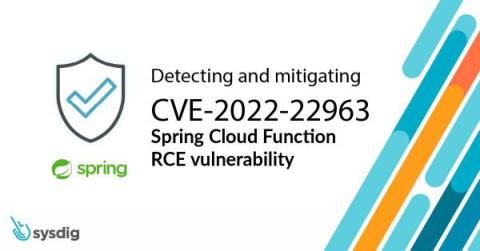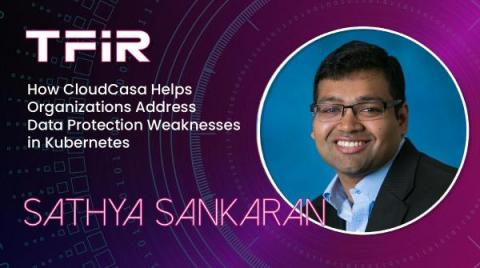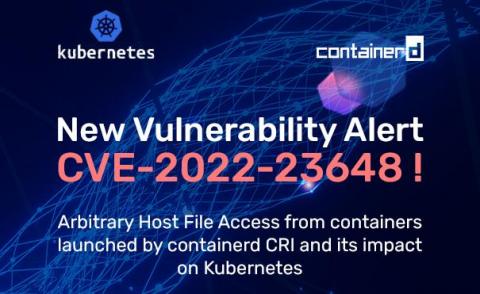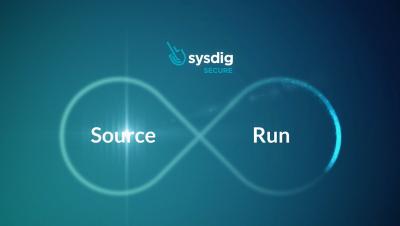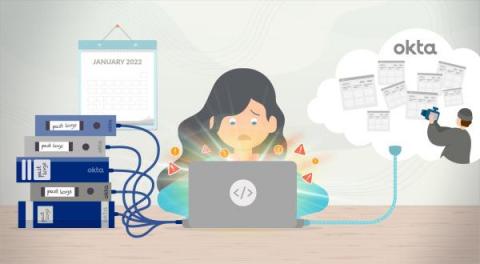Security | Threat Detection | Cyberattacks | DevSecOps | Compliance
Containers
Sysdig and Snyk: Complete Container Security (Demo)
The Cloud Expansion Checklist: How to Get IT Decision-Makers and Developers on the Same Page
Cloud-native and open-source technologies are booming. But for a successful cloud expansion, IT decision-makers and developers need to be in agreement despite their unique roles in the process. As more enterprises transition to cloud-native environments, the big question is how aligned are IT decision-makers and developers?
Detecting and Mitigating CVE-2022-22963: Spring4Shell RCE Vulnerability
Today, researchers found a new HIGH vulnerability on the famous Spring Cloud Function leading to remote code execution (RCE). The vulnerability CVE-2022-22963 would permit attackers to execute arbitrary code on the machine and compromise the entire host.
How CloudCasa Helps Organizations Address Data Protection Weaknesses in Kubernetes
In a recent episode of TFiR Let’s Talk, Swapnil Bhartiya sat down with Sathya Sankaran, Chief Operating Officer at CloudCasa by Catalogic, to discuss how the Kubernetes ecosystem is shifting and how CloudCasa is helping organizations address the data protection weaknesses in Kubernetes and cloud-native infrastructure and adopt these new technologies.
CVE-2022-23648 - Arbitrary Host File Access from containers launched by containerd CRI and its impact on Kubernetes
Digital Forensics Basics: A Practical Guide for Kubernetes DFIR
Containerization has gone mainstream, and Kubernetes won out as the orchestration leader. Building and operating applications this way provides massive elasticity, scalability, and efficiency in an ever accelerating technology world. Although DevOps teams have made great strides in harnessing the new tools, the benefits don’t come without challenges and tradeoffs.
Secure your cloud from source to run
Detect malicious activity in Okta logs with Falco and Sysdig okta-analyzer
On March 22, the hacking group Lapsus$ published a Twitter post with a number of screenshots taken from a computer showing “superuser/admin” access to various systems at authentication firm Okta that took place in January this year. Okta is a platform in the #1 platform in Identity-as-a-Service (IDaaS) category, which means that it manages access to internal and external systems with one login.



